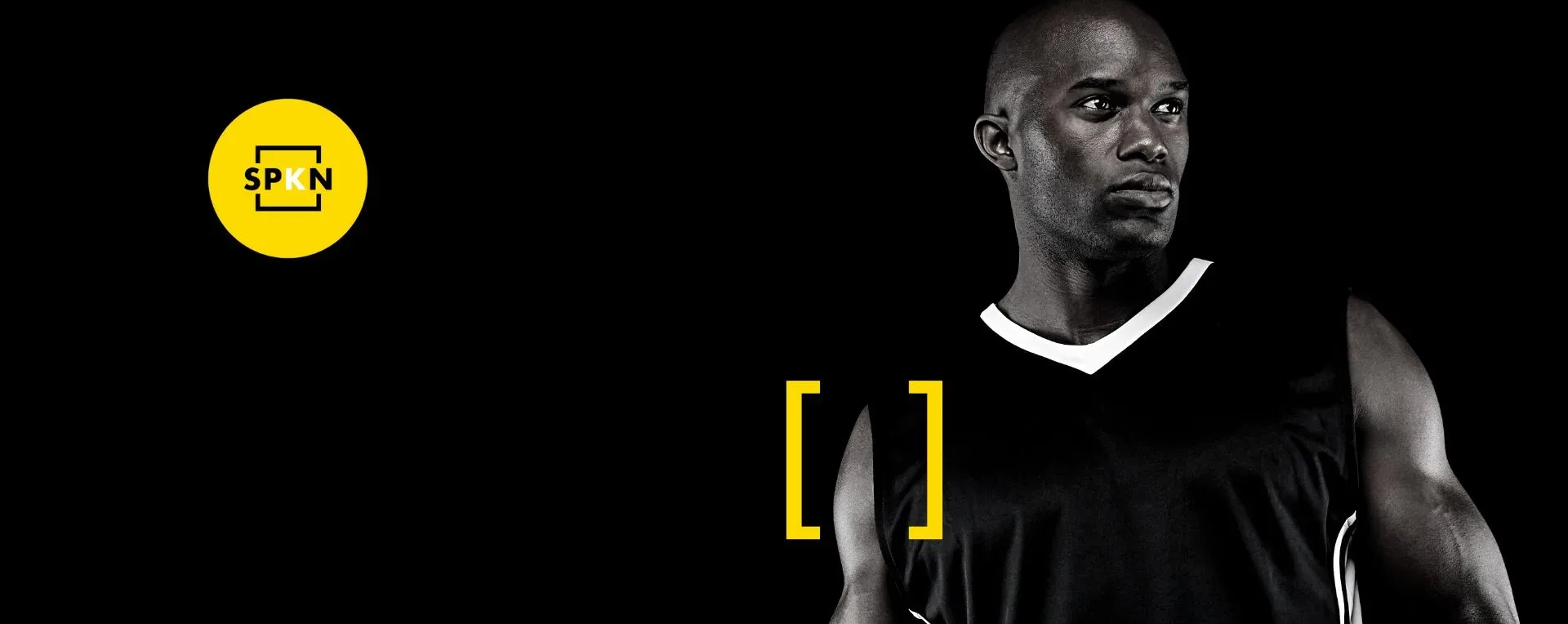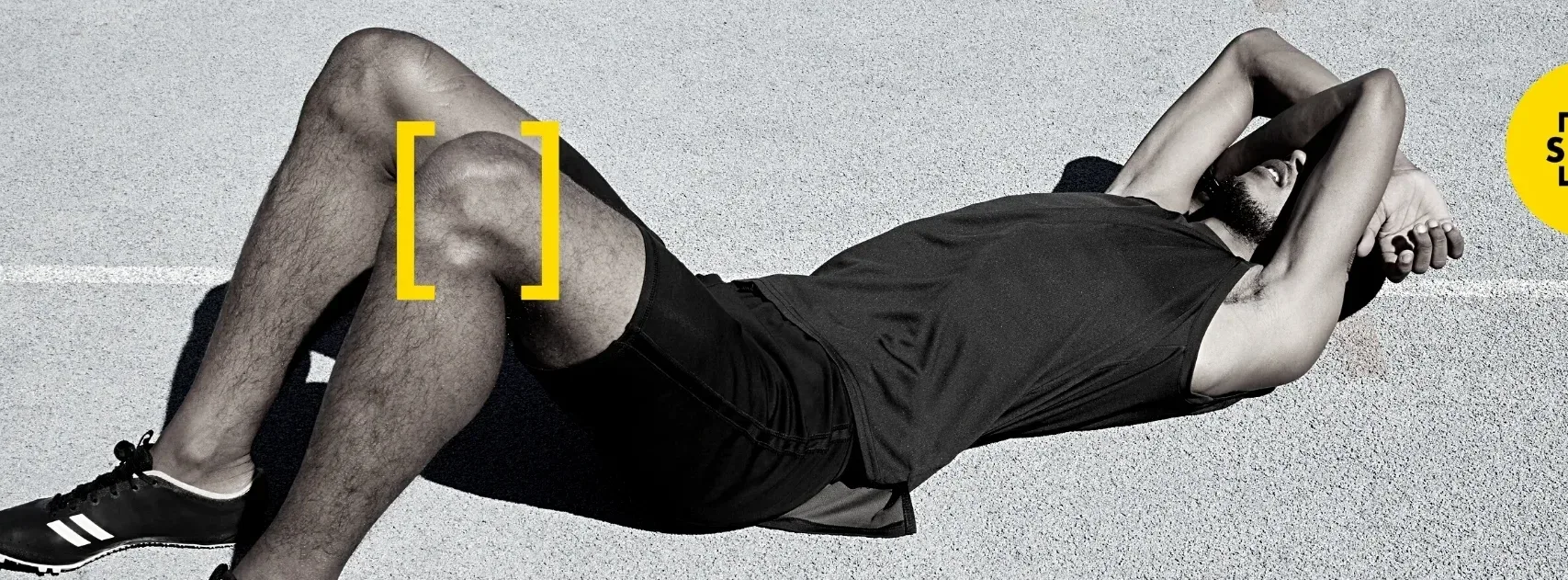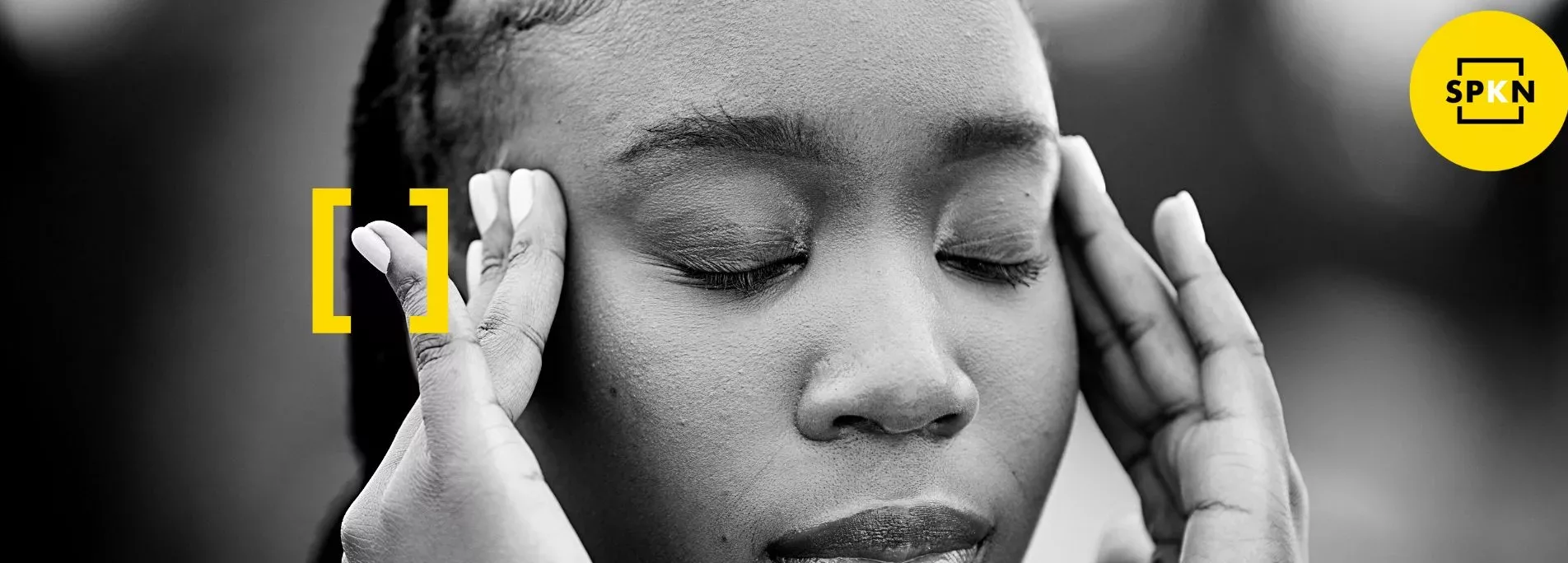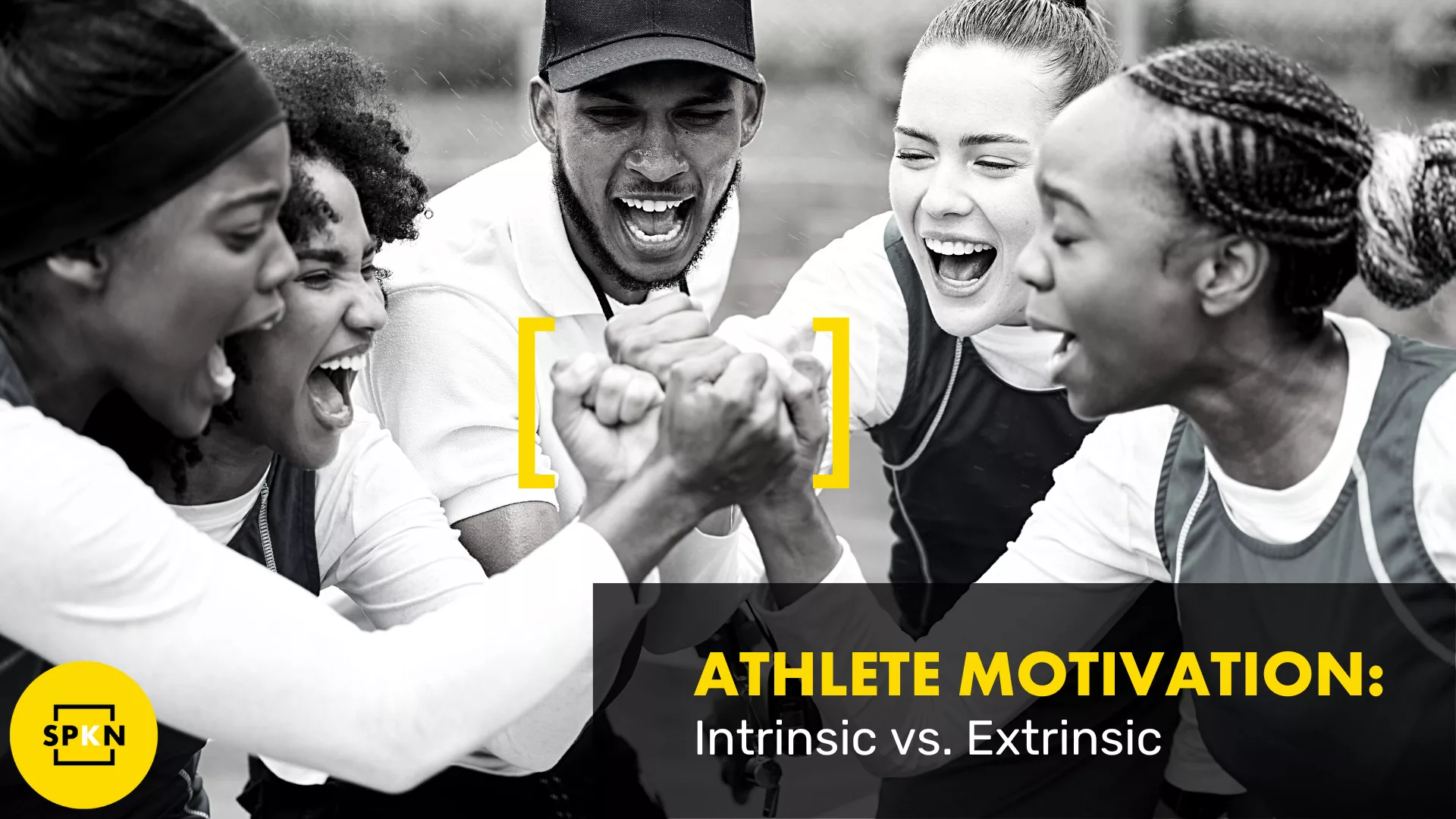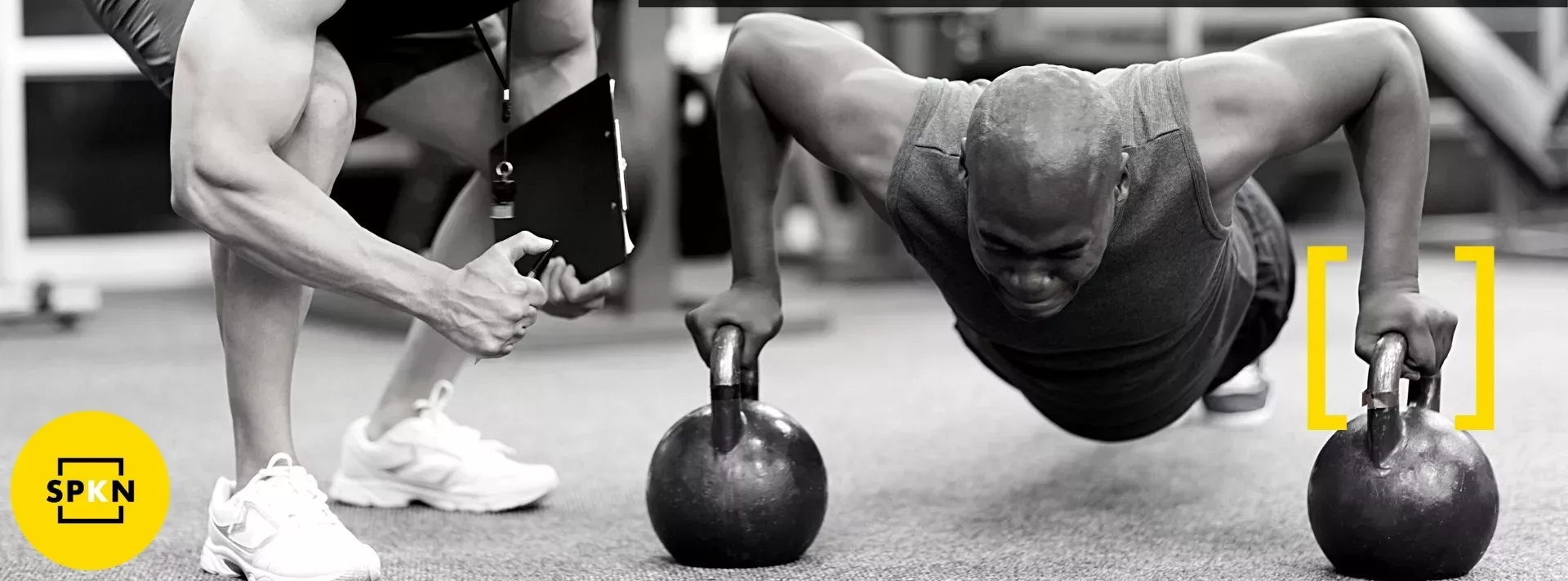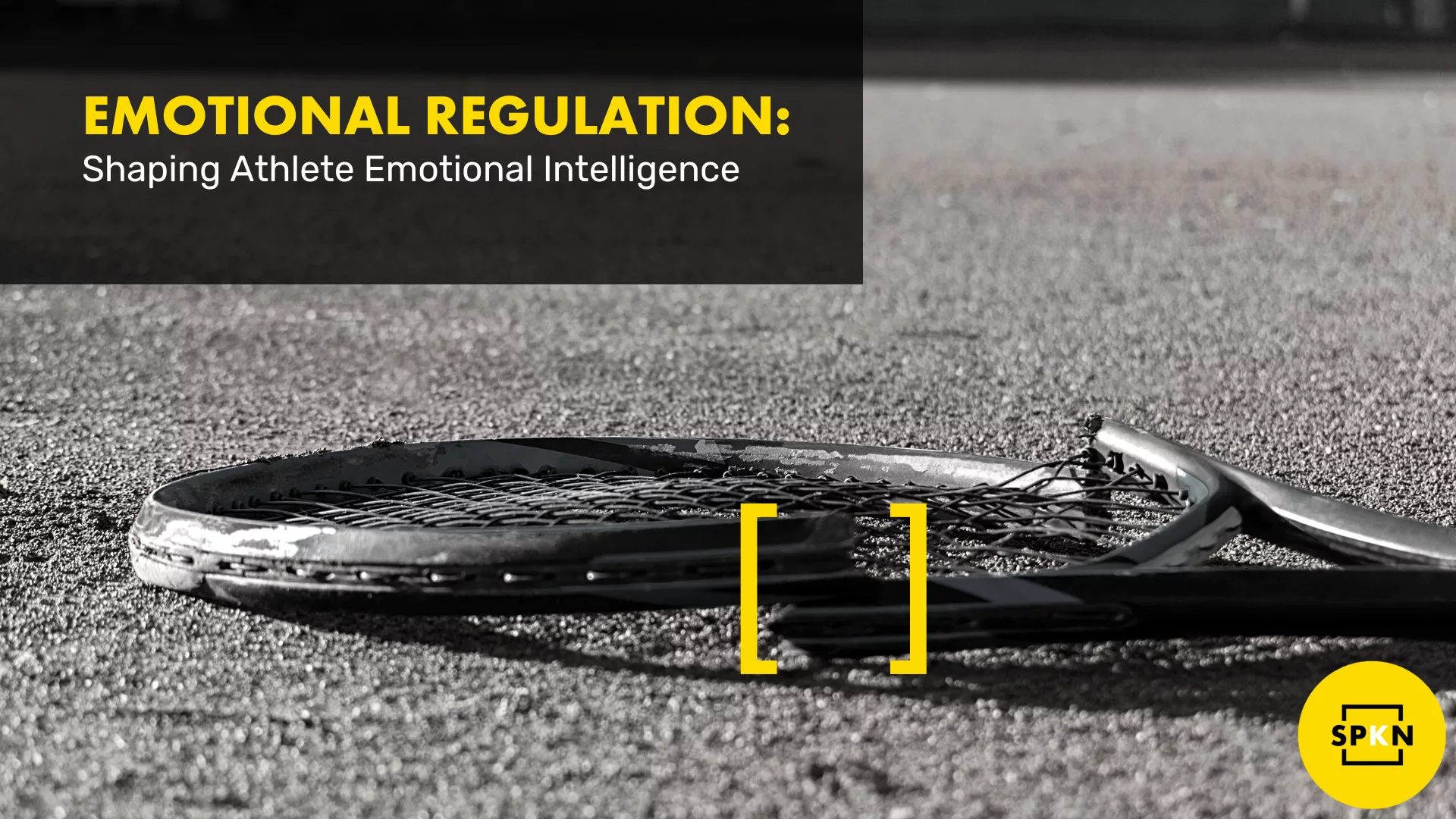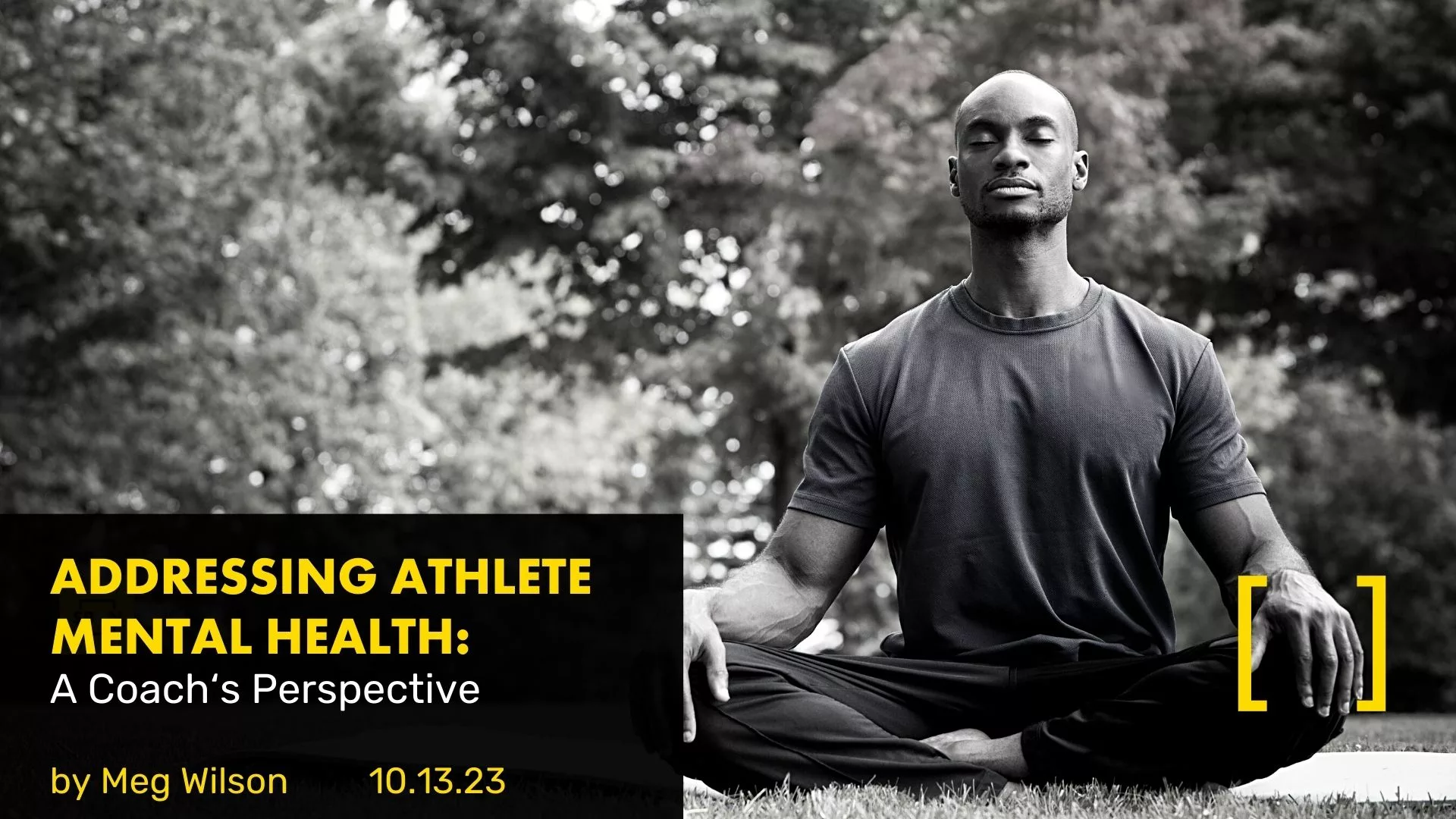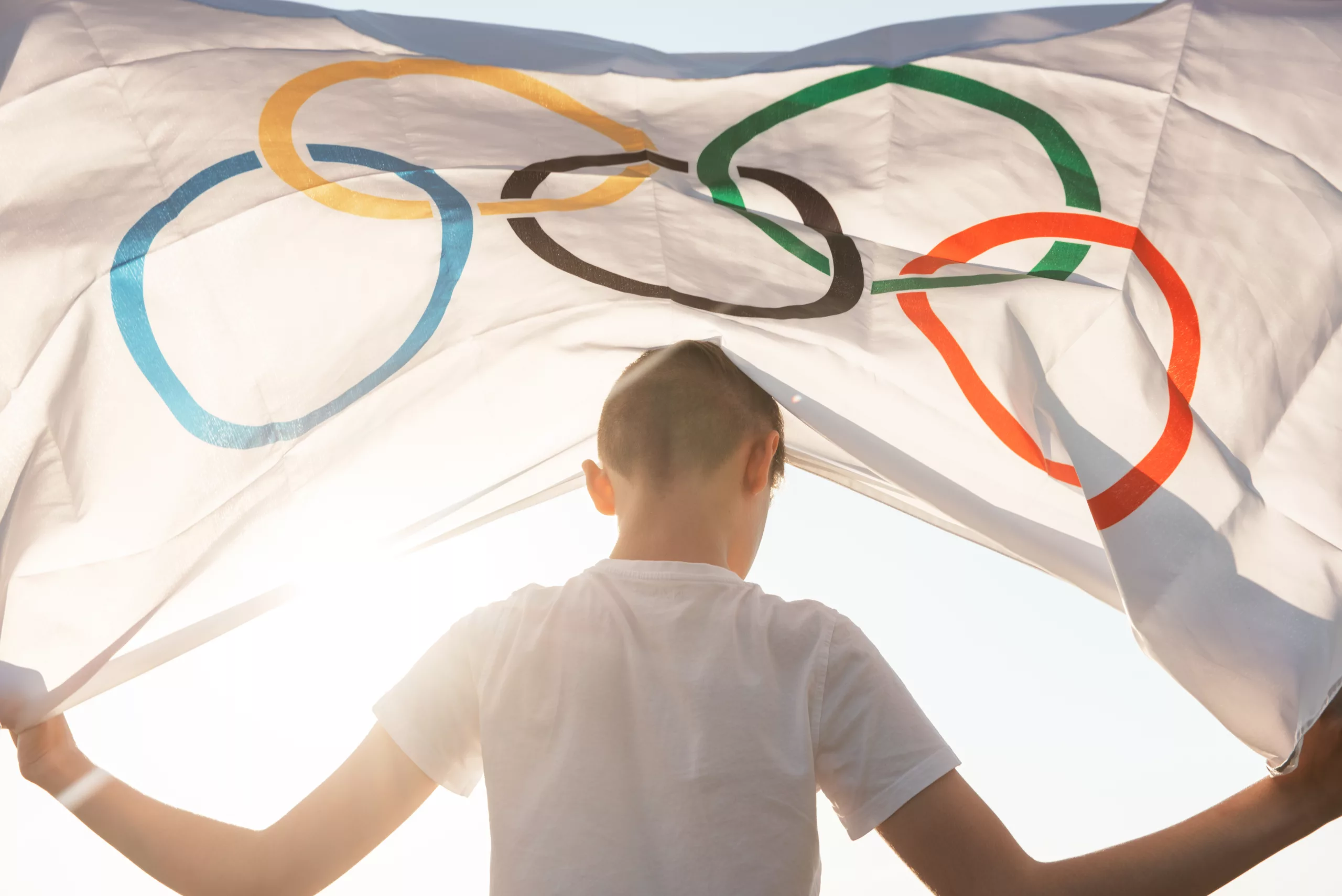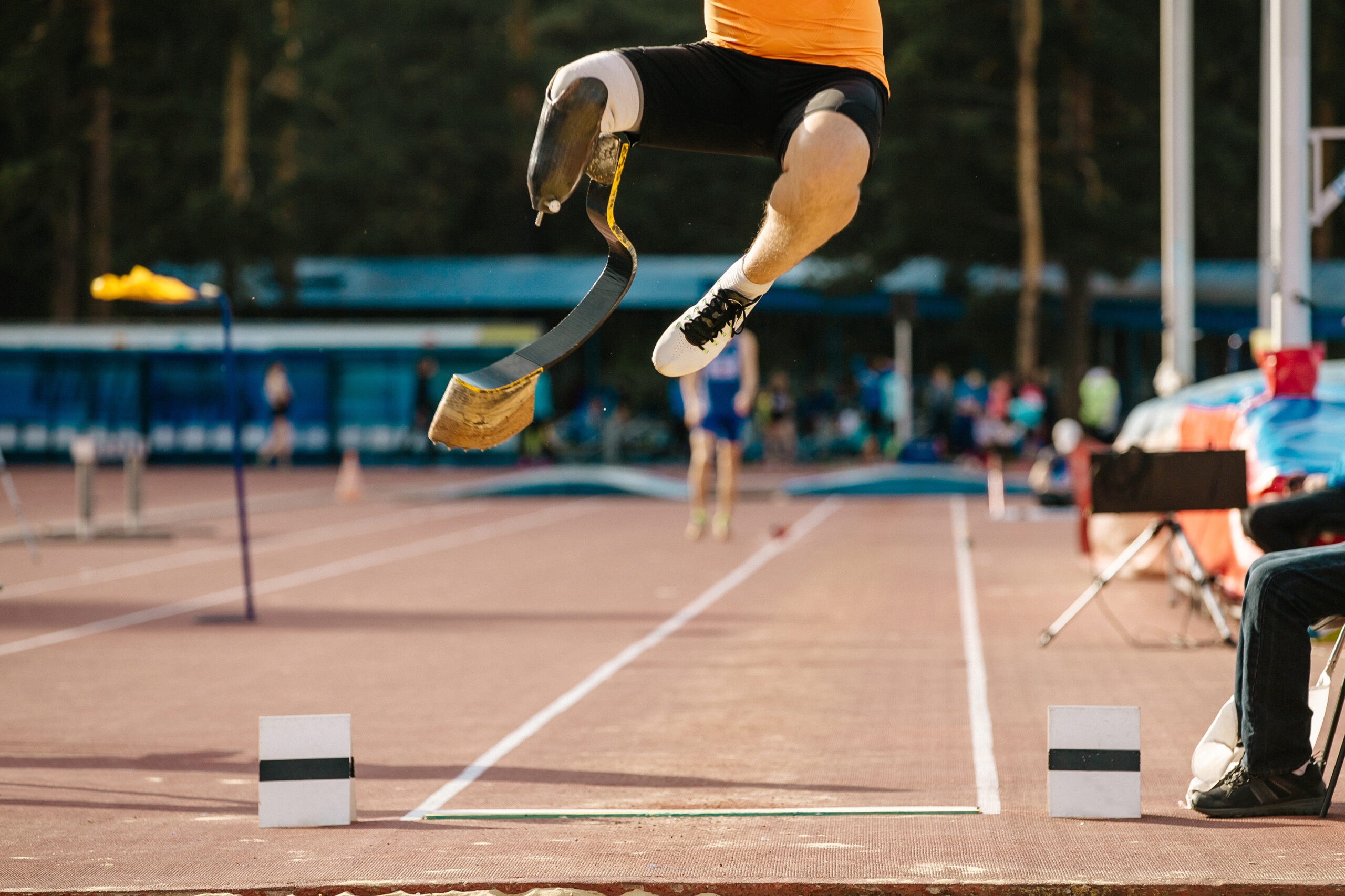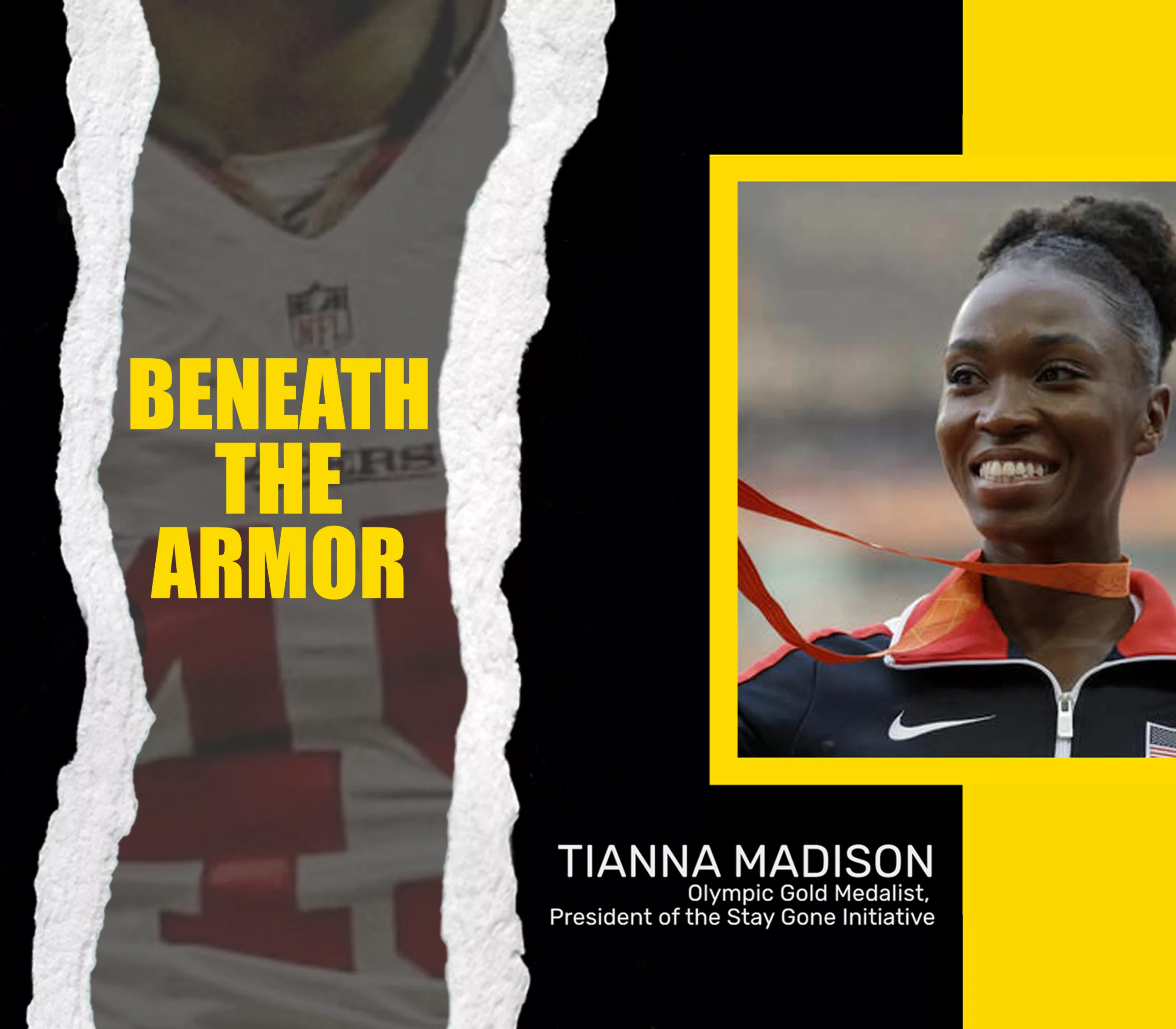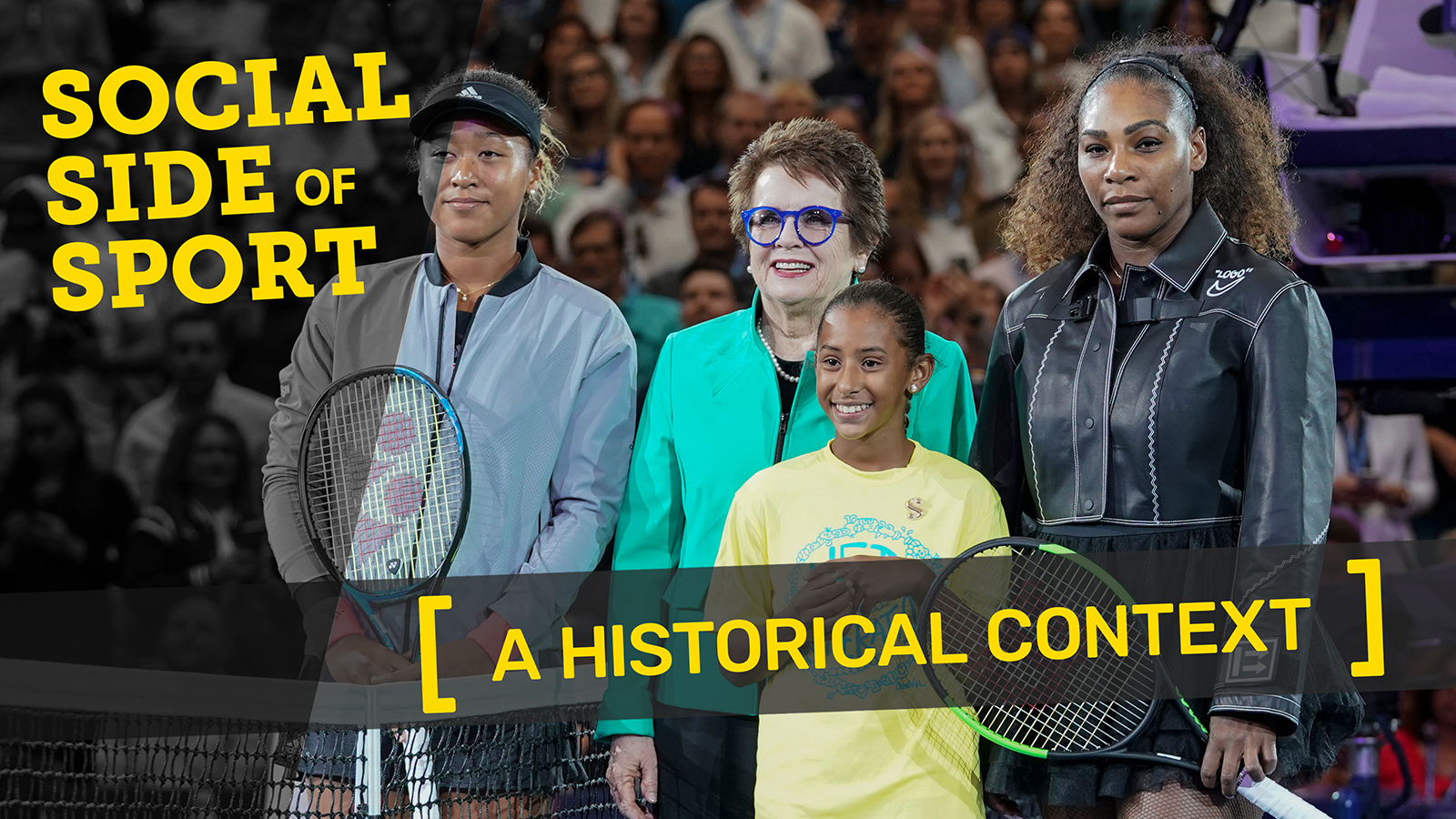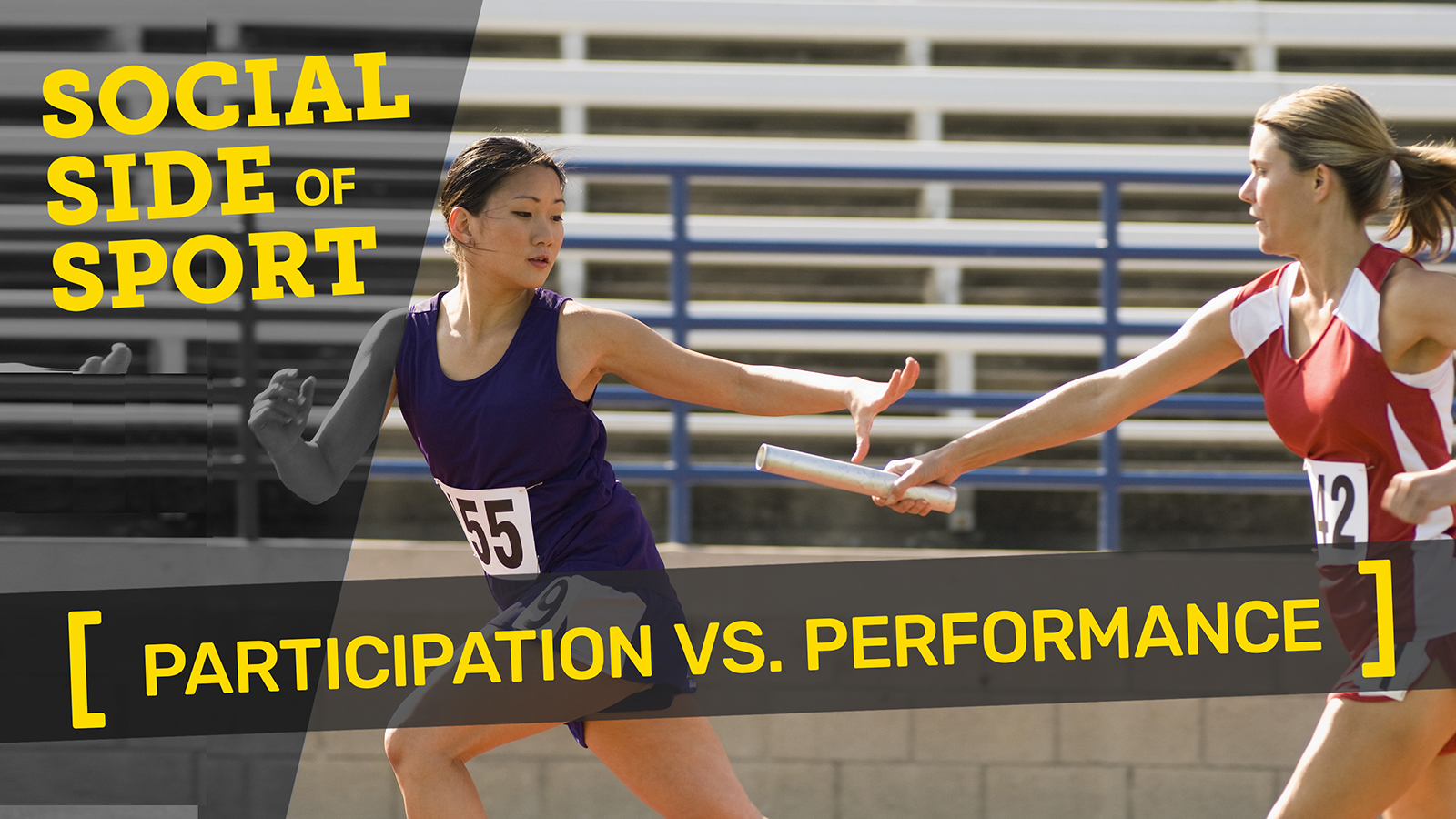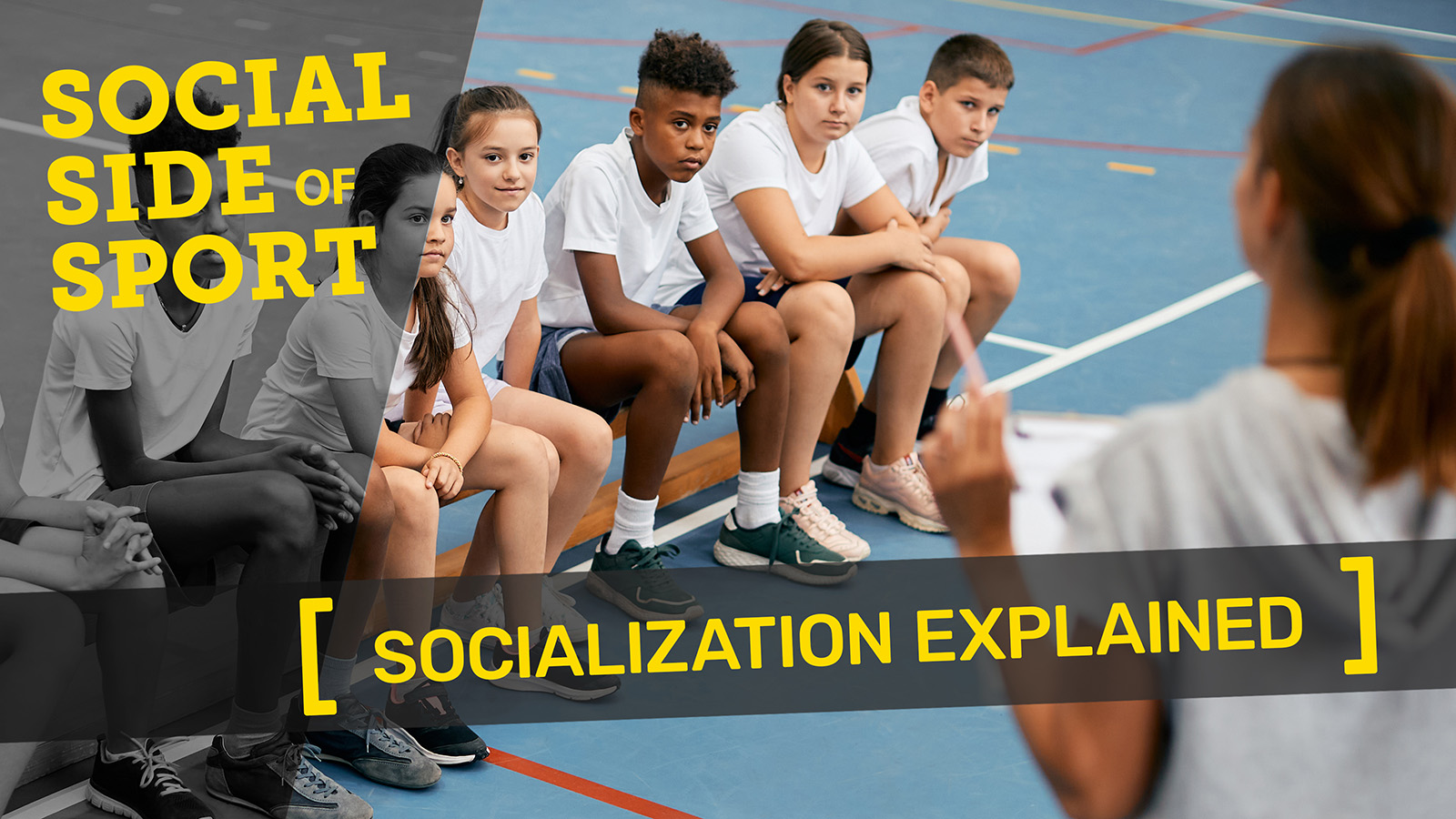The term ‘deliberate practice’ describes intentional
engagement in skill-based learning (Ericsson, Krampe,
& Tesch-Ro¨mer, 1993). Deliberate practice involves
three components. First, the primary goal of deliberate
practice is to improve performance. Previously, deliberate
practice was described as inherently unenjoyable,
but that has been proven untrue. Thus, deliberate practice
can be enjoyable, but it is not the primary objective.
Second, deliberate practice requires effortful
engagement in the task. For this reason, it is recommended
that deliberate practice be engaged in for short
durations, with sufficient time for physical and mental
recovery. Third, deliberate practice is typically adultled.
As the primary goal is to improve performance,
coaches or teachers are required to design effective
practice plans, implement drills, and offer corrective
feedback. Deliberate practice is necessary to acquire
expert sport skills, though debate exists on the amount
required (between 5000 and 10,000 hours). Further,
deliberate practice ought to be differentiated from other
sport contexts that contribute to expert performance,
such as spontaneous practice (child-led activities aimed
at improving performance), play practice (adult-led
activities targeting enjoyment), and deliberate play
(child-led activities for the purpose of enjoyment).


